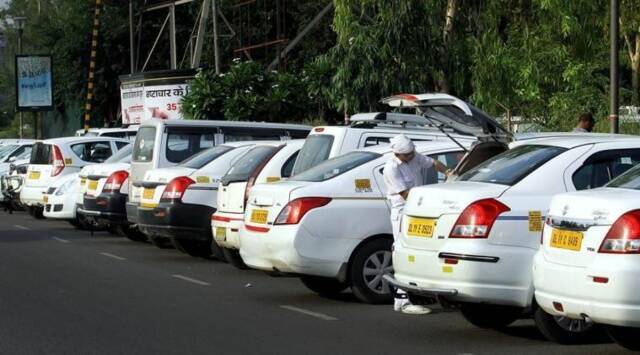Gist about the Incident
The screenshot of the Uber app was recently uploaded on Twitter by a man who claimed to be looking for a ride from the airport to Electronic City. He expressed disbelief at the hefty costs, saying they were almost as much as his airline ticket. Owing to this the Bengaluru Commission for Road and Transport and Safety asked the Regional Transport Office to issue a notice against Uber.
Notice reissued Uber
The Regional Transport Office (RTO) was instructed to issue a notice against the cab aggregator company on Tuesday by Commissioner for Road Transport and Safety, S N Siddaramappa, days after a screenshot showing outrageous fares on the Uber app for a trip from Bengaluru’s Kempegowda International Airport to Electronic City went viral on social media.

“I am directing the RTO to issue a notice against the aggregator company for the gross violation by imposing surge pricing,” Siddaramappa told The Indian Express.
Viral tweet about the prices
The screenshot of the Uber app was recently uploaded on Twitter by a man who claimed to be looking for a ride from the airport to Electronic City. He expressed disbelief at the hefty costs, saying they were almost as much as his airline ticket. He contrasted the price of the taxi fare in the screenshot to the price of his airline ticket. For a distance of 52 kilometers, the minimum fare for Uber Premium was displayed as ₹2,584.59, while UberXL was priced at ₹4,051.15.
“Uber fare to Bangalore Airport from E-City Cost of cab fare is dangerously close to what I paid for the flight ticket,” the user stated.
Similar cases in the past
In Bengaluru, surge pricing by taxi aggregators has long been a problem. Although the government has set tariffs as ₹75 for small cabs and 150 for luxury cabs for the first 4 km, the journal had previously claimed that cab fares in India’s Silicon Valley might exceed ₹150 for 2 km.
After the transport department outlawed the auto services provided by Ola, Uber, and Rapido in 2022, the aggregator businesses and the state government became embroiled in a court dispute. This came about as a result of several customer complaints about rising auto service prices. The Karnataka High Court granted the aggregators a stay on the ban order.



